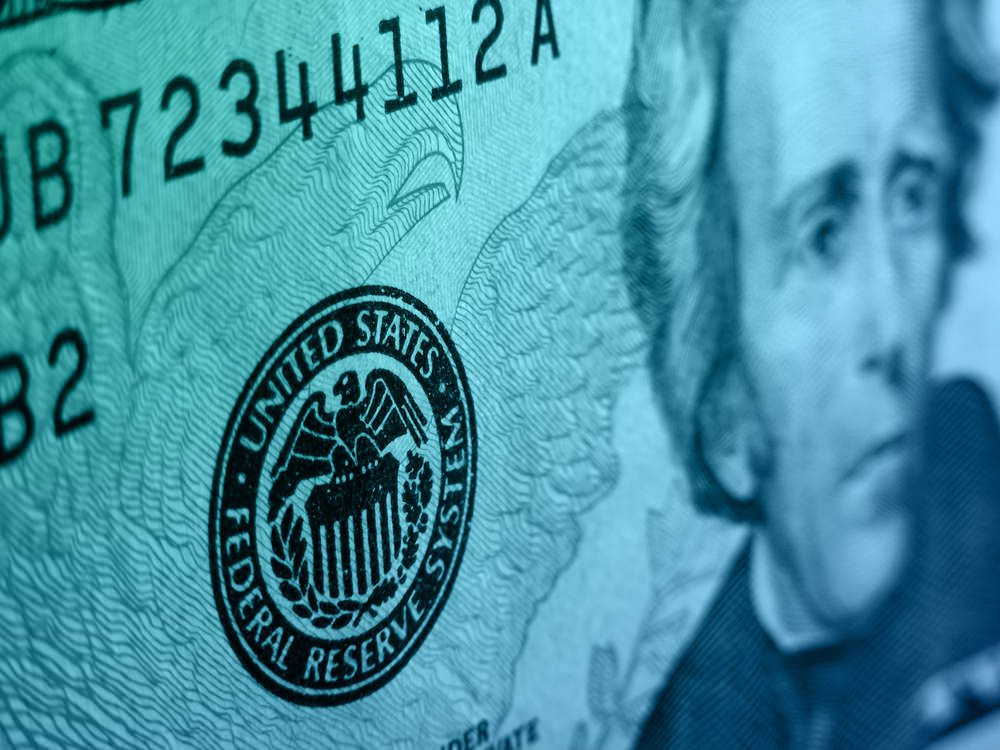
Federal Reserve economist says bitcoin is a remarkable technical achievement
A member of the United States Federal Reserve banking system has written an analysis of bitcoin, stating that there are many positive aspects to it.
François R. Velde, senior economist of the Federal Reserve in Chicago, writes in his paper "Bitcoin: A primer" that bitcoin is a "remarkable conceptual and technical achievement, which may well be used by existing financial institutions."
"The bitcoin protocol provides an elegant solution to the problem of creating a digital currency—i.e., how to regulate its issue, defeat counterfeiting and double-spending, and ensure that it can be conveyed safely—without relying on a single authority," Velde writes.
The news of these remarks coming from the US central banking authority come on the heels of bitcoin's price hitting a record high since it was first created back in 2009.
Andrew Beal, corporate attorney at Los Angeles-based firm Crowley Strategy, works primarily with startup technology companies. He thinks that this is a sign that the banking industry is taking bitcoin seriously, which is good for businesses that want to accept of otherwise build a company around BTC.
"Hopefully this is representative of the Federal Reserve's confidence that bitcoin will play an increasingly important role in our country's, and the world's, financial systems. It can be argued that the lack of understanding is the biggest risk to bitcoin's further adoption and implementation," he said.
Velde refers to bitcoin in his paper as 'fiduciary currency'. He writes that means decentralized virtual currencies "have no intrinsic value, and derive their value in exchange either from government fiat or from the belief that concerned itself with money because one main function of money is to free a debtor from his or her obligations."
It's clear, then, that Velde believes that bitcoin's value is derived from people trading fiat currencies in exchange for bitcoin. As interest grows, that could require governments to enact policies regarding it.
"Bitcoin is free of the power of the state, but it is also outside the protection of the state. How likely is bitcoin to remain so if it gains wide acceptance and the incentives to hijack it grow accordingly?"
US lawmakers are expected to meet soon regarding policy guidance for virtual currencies such as bitcoin.
Bitcoin's path thus far has been rocky: it has experienced a high degree of price volatility. The digital currency has also been heavily criticized for being used as a tool for fraud and the purchase of illegal goods.
“We need to develop thoughtful, nimble and sensible federal policies that protect the public without stifling innovation and economic growth,” said Senator Tom Carper, chair of the Senate Homeland Security and Governmental Affairs Committee, in a recent statement regarding bitcoin and its illegal uses.
That sentiment echoes Velde's opinion, which is written with a tone of cautious optimism.
"The many ingenious features of bitcoin try to emulate (the) properties of cash, but do so at some costs."
via Forbes
DISCLOSURE
The leader in news and information on cryptocurrency, digital assets and the future of money, CoinDesk is a media outlet that strives for the highest journalistic standards and abides by a strict set of editorial policies. CoinDesk is an independent operating subsidiary of Digital Currency Group, which invests in cryptocurrencies and blockchain startups. As part of their compensation, certain CoinDesk employees, including editorial employees, may receive exposure to DCG equity in the form of stock appreciation rights, which vest over a multi-year period. CoinDesk journalists are not allowed to purchase stock outright in DCG.

